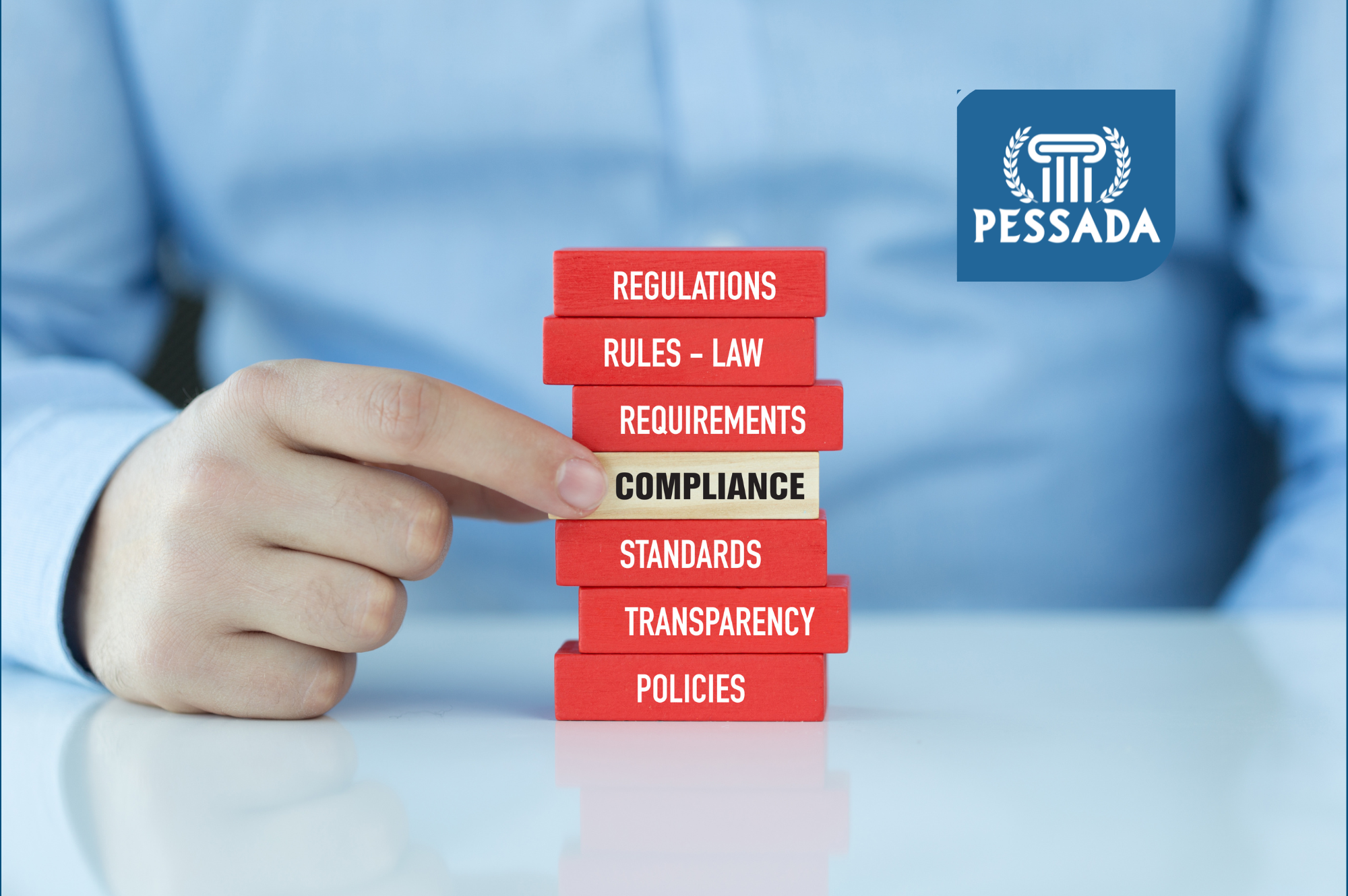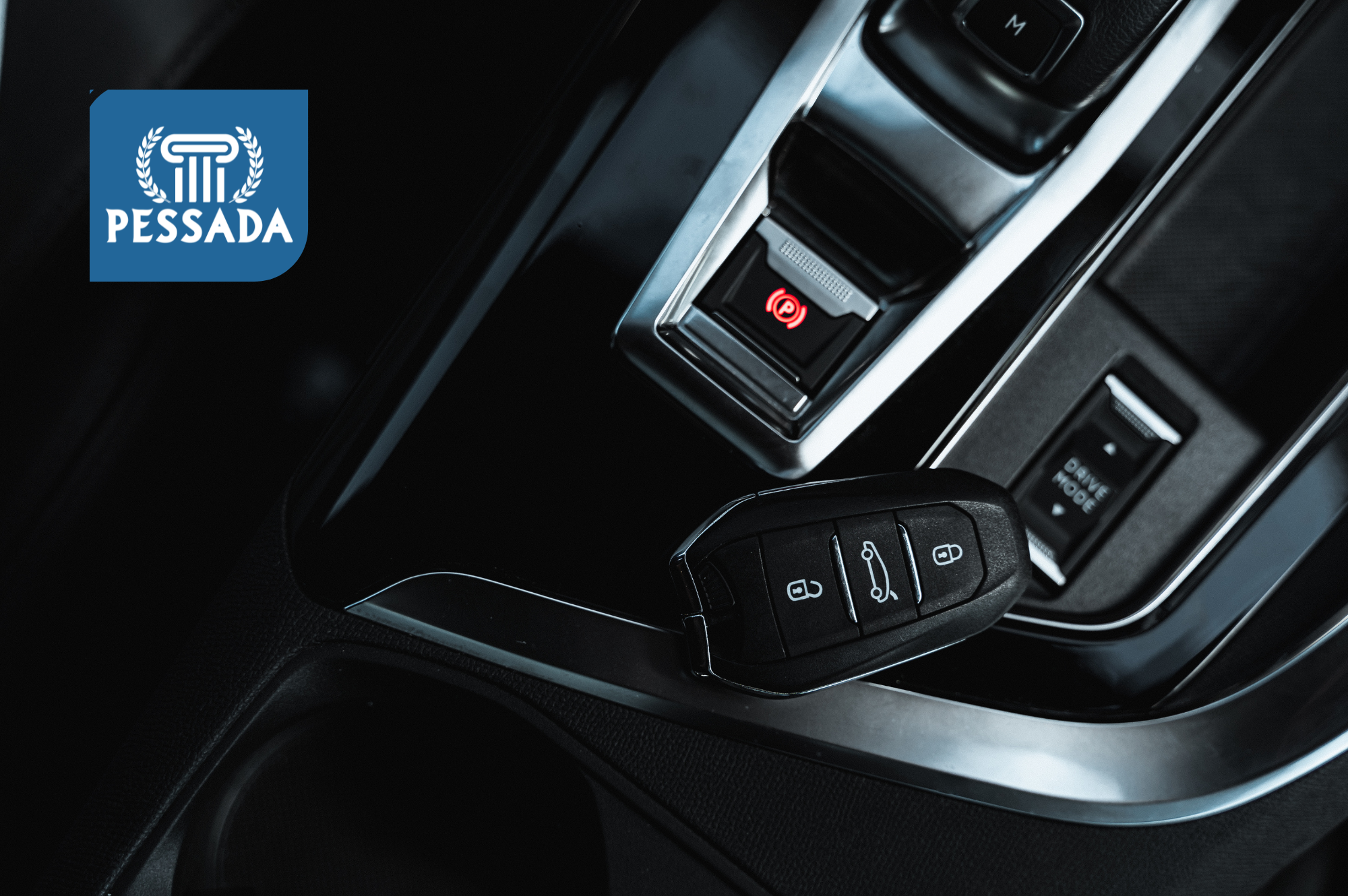Dealership F&I Explained: Where Does a TPA Fit In?

When most people think about buying a car, their focus is on the vehicle’s price and the monthly payment. But one of the most important parts of the customer journey doesn’t happen on the showroom floor. It happens in the F&I office.
What Is F&I at a Dealership?
F&I stands for Finance and Insurance. After a customer agrees to buy a vehicle, they move to the F&I office where they:
- Finalize financing (loan or lease)
- Choose protection products like extended Vehicle Service Contracts (VSCs), GAP coverage, and ancillary options
- Complete legal disclosures and compliance documents
The responsibilities of the F&I department are twofold:
- Protect the customer by offering coverage that reduces out-of-pocket expenses
- Protect the dealership by generating high-margin revenue while remaining compliant
This department is not simply about completing forms. It is the backbone of dealership profitability and the hub where customers make crucial financial and protection decisions that impact their entire ownership experience.
Why the F&I Department Is Crucial for Dealerships
Without an effective F&I process, dealers would rely solely on razor-thin vehicle sales margins. According to Automotive News (2024), new car margins average just 2–3%, while F&I products can generate thousands in profit per deal. In fact, margins on new vehicles can be lower than the profit margin a grocery store makes on a can of soup. That reality forces dealerships to maximize every opportunity in the F&I office.
But it’s not just about profits. A well-run F&I office fosters long-term customer retention. When customers purchase service contracts, they’re more likely to return to the selling dealer for maintenance and repairs—driving fixed ops revenue and trust.
The Long-Term Retention Effect
A service contract creates a return path for customers. When a breakdown occurs, the natural response is to take the vehicle back to the selling dealer for repairs. Much like families who return to the same pediatrician for years, customers develop a comfort level with their dealer’s service department. This consistency builds loyalty and ensures recurring revenue.
Modern Vehicle Complexity = More Opportunity
Today’s cars aren’t simple. They’re filled with complex electronics, safety systems, and features like adaptive cruise control, lane assist, and onboard infotainment. Repairs on these advanced systems are costly, making protection products more attractive to customers. For example, a replacement infotainment system can cost thousands of dollars, something most customers would rather have covered by their VSC.
What Is a TPA in the Automotive Industry?
A Third-Party Administrator (TPA) is the engine behind the dealership’s F&I protection products. While the dealership sells the contract, the TPA manages:
- Claims administration
- Regulatory compliance
- Training and support
- Product analytics and reporting
In short: the dealership makes the promise, and the TPA keeps it.
TPAs are essential because they bring scale, expertise, and efficiency that dealerships can’t replicate on their own. A strong TPA is an entrepreneurial partner that helps dealers stay competitive by paying claims faster, innovating products, and providing real-time support.
How a TPA Fits into Dealership F&I
1. For Dealers:
- Handles complex claims administration
- Provides access to innovative protection products
- Mitigates compliance risk across states and insurers
- Offers reporting and analytics for better business decisions
2. For Customers:
- Streamlined claims process (often same-day)
- Smoother service drive experience
- Builds trust that coverage will deliver when needed
- Provides rental vehicles during repairs to keep life moving
3. For Providers/Insurers:
- Ensures accurate contract oversight
- Reduces fraud and claims leakage
- Delivers data-driven performance metrics
A TPA in Action: Claims Example
Here’s a real-world example:
A customer buys a VSC in the F&I office. A year later, their transmission fails. They call 24/7 roadside assistance and the vehicle is towed to the dealership.
- The service advisor contacts the TPA
- The TPA authorizes the claim (inspection may be required)
- The customer receives a rental car if repairs take time
- The dealer performs the repair and gets paid by the TPA
- The customer drives away satisfied
Behind the scenes, TPAs often assist with parts sourcing, coordinate with inspectors, and ensure repair facilities have what they need. For example, Pessada Holdings pays claims same-day via corporate Visa, reducing downtime and friction. That speed builds confidence for both the dealer and the customer.
Benefits of Using a TPA for Dealership F&I Products
- Efficiency: Dealers focus on sales and service, not paperwork
- Profitability: TPAs bring a robust protection product suite
- Retention: Customers return to the service drive for covered repairs
- Compliance: Contracts stay aligned with state and federal laws
- Fraud Reduction: TPAs identify and mitigate risks with oversight and inspections
By taking on these roles, TPAs allow dealerships to concentrate on what they do best: selling vehicles and delivering outstanding service.
Dealer Warranty vs. TPA-Backed Warranty
Dealer Warranty:
- Dealer holds the risk
- Claims process is internal and inconsistent
- Business is vulnerable to spikes in repair volume
TPA-Backed Warranty:
- Risk spread across thousands of contracts
- Claims handled by expert teams
- Faster payments and clearer expectations
TPAs are typically backed by large insurers (Pessada is backed by carriers with $10B+ in assets), which gives peace of mind to dealers and customers alike. A dealer warranty may sound simple, but if the dealership closes or faces financial strain, customers are left exposed. With a TPA-backed contract, the coverage is secure, consistent, and scalable.
How TPAs Improve Dealership Profitability
- Claims Turnaround: Faster payments improve dealership cash flow
- Product Range: TPAs offer VSCs plus ancillary products (Tire & Wheel, Key, Dent, Windshield, etc.)
- Compliance Support: TPAs help dealers avoid costly regulatory mistakes
- Customer Satisfaction: Higher CSI scores lead to OEM incentives and repeat buyers
- Training & Tools: F&I managers are supported with training and digital menus to close more deals
According to NADA, dealerships with strong TPA partnerships see a 20–25% increase in profit-per-vehicle-retail. NADA Reference
The Future of TPAs in Dealership F&I
The F&I landscape is evolving fast. Here’s how TPAs are keeping up:
- EV Coverage: Including batteries and home charging stations
- Digital Menus: Integrated with dealer CRMs and DMS platforms
- AI-Driven Claims: Machine learning speeds up adjudication
- Remote Compliance: Digital signatures and remote delivery protocols
- Parts Cost Management: Helping dealers navigate rising parts and labor costs
Pessada Holdings is proud to lead in all of these areas, providing modern tools and solutions for the dealerships of tomorrow.
Conclusion
F&I is more than a paperwork step, it’s the profit engine and backbone of the dealership. And while dealers sell the promise, TPAs fulfill it.
From same-day claim payments to EV product innovation, TPAs like Pessada Holdings make F&I operations smoother, faster, and more profitable.
For more insights into F&I training, compliance, and profitability strategies, visit our Education Center.


